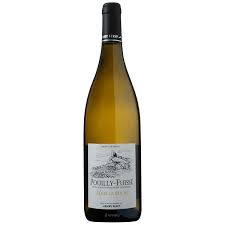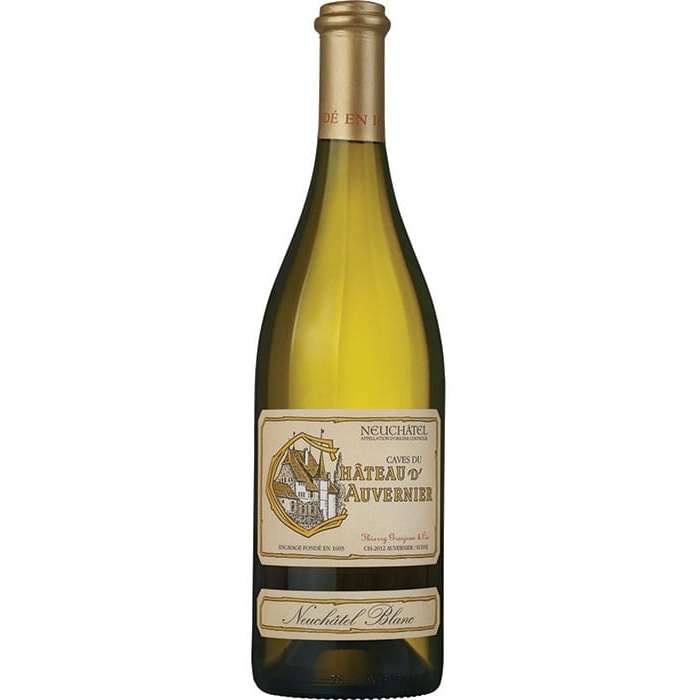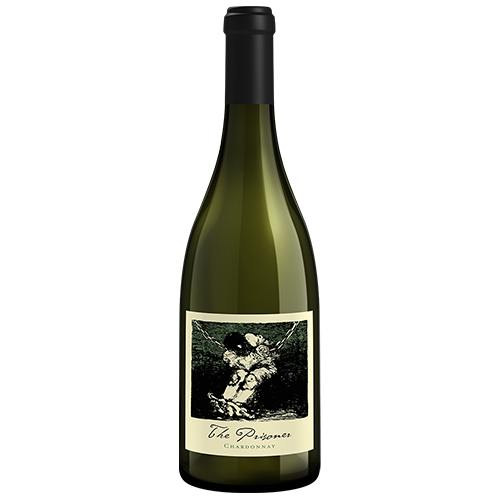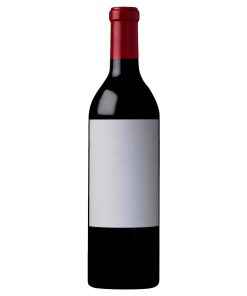-
×
 2023 Little Boat Russian River Chardonnay
1 × $34.99
2023 Little Boat Russian River Chardonnay
1 × $34.99
2019 Henry Fessy Pouilly-Fuisse Sous La Roche
2019 Henry Fessy Pouilly-Fuisse Sous La Roche Ripe aromas of nectarine, mango, grilled pineapple and lemon curd. Praline, too. It’s full-bodied with bright acidity and a toasty, minerally finish. Serious. Drink or hold. This 2019 reveals aromas of fruits and acacia on the nose. In the mouth, aromas of fresh fruits, especially citrus, come along with notes of honey on the finish. A rich and very well balanced wine. Pair this wine alongside fish in sauce, crayfish, white meat, and goat cheese.
Henry Fessy
Since 1888 the Fessy family has been based in the heart of the Brouilly appellation of Beaujolais, France. Over the years they have purchased choice parcels of vineyards in most of the 10 Crus and the Beaujolais-Villages appellations to create the enviable domaine that we have today of nearly 70 hectares of prime vineyards. Work in our vineyards is carried out with sensitivity and intelligence and they only intervene when necessary. This philosophy allows them to produce highly complex wines which express a real sense of place and origin. They offer the full range of Beaujolais wines from our own vineyards each expressing their own unique terroir. Experience, tradition, respect and an in-depth knowledge of the Beaujolais vineyards go hand in hand-making Henry Fessy a respected quality-driven Domaine.
In 1888 a travelling salesman called Jean Pelissier decided to buy a parcel of Brouilly right in the heart of the “Paradis” vineyards on the Bel Air plateau. He joined forces with his son-in-law Henri Fessy with the objective of creating excellent wines. During the second half of the 20th century, Jean and Henri’s sons and grandsons succeeded in developing the company thanks to their exploration of vineyards beyond Brouilly. Following the company’s purchase by Maison Louis Latour in 2008, owners of vineyards and the eponymous brand in Burgundy, a decision was taken to continue acquiring parcels of vineyards, primarily in the ten Beaujolais Crus. Henry Fessy has remained faithful to the traditional method (no carbonic maceration) which favors the balance between the seductive fruit-forwardness and the supple tannins which guarantee good ageing capability.
Related products
$147.00
2016 Nicolas Rossignol Volnay 1er Cru Santenots 2016 Nicolas Rossignol Volnay 1er Cru Santenots An extremely ripe yet not premature nose of menthol, plus liqueur and cassis aromas lead to very rich, indeed even opulent medium-bodied flavors that exude an abundance of palate coating dry extract on the velvety, powerful and coffee-infused finish of dramatic [...]
$106.00
2016 Domaine Armelle et Bernard Rion Nuits-Saint-Georges 1er Cru Les Damodes 2016 Domaine Armelle et Bernard Rion Nuits-Saint-Georges 1er Cru Les Damodes is light and elegant for the appellation. On palate, high acidity with smooth tannis together with balanced fruits and oak flavor. 2016 vintage Les Damodes is a premier cru site on the Nuits-Saint-Georges [...]
$64.00
2020 Jean Marc Brocard Chablis 1er Cru Montee de Tonnerre 2020 Jean Marc Brocard Chablis 1er Cru Montee de Tonnerre has aromas of crystallized apricot, underlying butter and liquorice notes, with touches of spices (white pepper). Lovely minerality, with a powerful and a structured finish. One of the most popular and versatile white wine grapes, [...]
$28.00
2019 Laurent Martray Cote de Brouilly Les Feuillees 2019 Laurent Martray Cote de Brouilly Les Feuillees is especially compelling, unfurling in the glass with aromas of cherries, wild berries, warm spices, peonies, licorice and orange rind. Medium to full-bodied, layered and multidimensional, it’s velvety and concentrated, with lively acids and a long, resonant finish. This [...]
 2023 Little Boat Russian River Chardonnay
2023 Little Boat Russian River Chardonnay 


